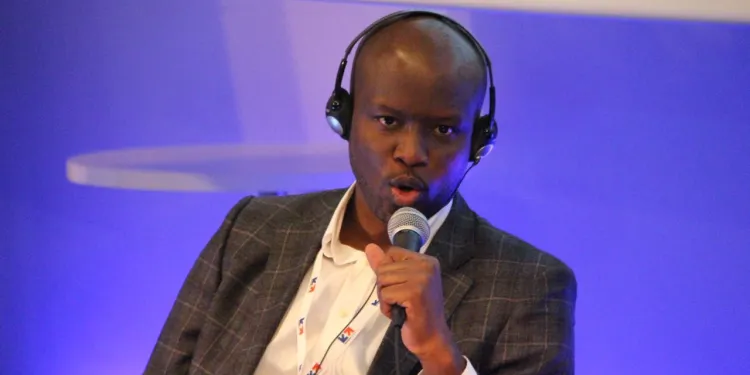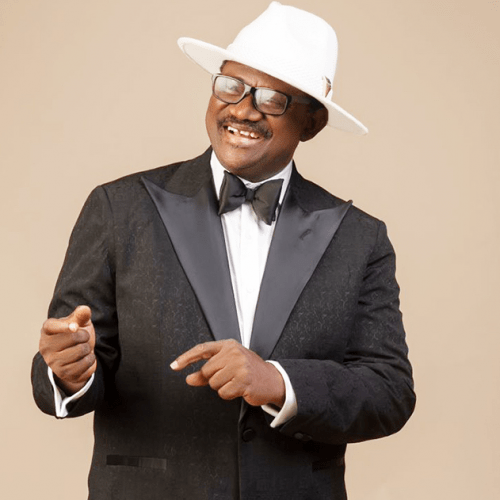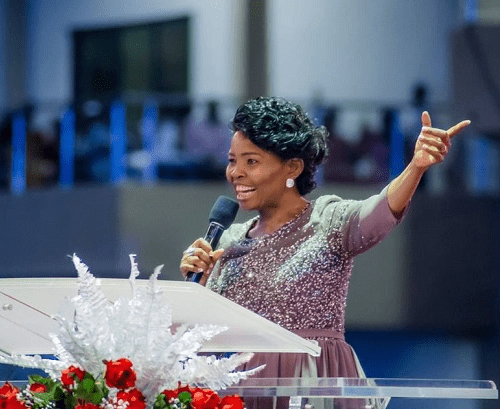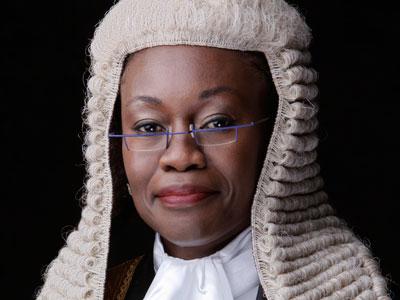NAIRAMETRICS: Would you say data will play a role in Nigeria’s power sector growth?
Edwin Enwegbara: Yes, I would. Data is very important, and it can play a big role in developing Nigeria’s power sector. Nigeria has a huge electricity market and renewable energy-led electricity is on the rise.
Data can help reveal unknown facts about the sector, and this information can help potential investors understand the sector better. If they have the numbers available to them, then they can make business decisions based on those numbers.
If data is not available, it limits investors from putting their money into the sector because they are not sure of the risks and gains involved in investing in any part of it. But, with numbers, we know what is profitable and how to go about doing business in the sector.
I believe data should be a key focus area for stakeholders so that the sector can attract more investments based on factual numbers.
NAIRAMETRICS: As a player in the sector, do you think electrification funding in Nigeria is enough as it is?
Edwin Enwegbara: A lot of local and international funding is going into electrification in Nigeria. There are local and foreign companies investing in electrification. The Nigeria Sovereign Investment Authority recently announced its Renewable Energy Platform, which will catalyze the sector.
Also, various bodies that are funding electrification, especially in remote and rural areas. The Rural Electrification Agency (REA) is doing a good job increasing electrification rates across the country, in collaboration with the World Bank, the African Development Bank (AfDB), and other funding partners.
The financial support so far has been amazing.
However, we could do more because there are still up to 92 million Nigerians without electricity access, according to the June 2022 Energy Progress Report by Tacking SDG 7. Nigeria is still in need of electrification financing, and as our population increases, the demand keeps growing. So, the funding level, though impressive, is not enough.

NAIRAMETRICS: You mentioned that a lot of companies are investing in electrification. As a player in renewable-led electrification, can you explain how these operators make a return on investment in these rural areas?
Edwin Enwegbara: Operators in this space no longer set up electrification projects just for household uses. We now have electrification for the productive use of equipment and appliances. Under this arrangement, the beneficiaries of the electrification project are equipped with various equipment like millers, sewing machines, freezers, cameras/printers, and grinders.
Those in the rural/remote areas make use of the equipment to generate revenue, so they can pay for the energy made available to them through their commercial activities. As they pay for the services rendered through the project, developers make their profits as well.
Earlier on, I mentioned the Rural Electrification Agency, they have Results-Based Financing for Productive Appliances and Equipment that aims to increase the productive use of energy in remote communities by increasing access to efficient, electric productive equipment.
NAIRAMETRICS: As an operator in this space, how do you ensure that the facilities are protected, and the locals do not pose a security risk to the electrification project?
Edwin Enwegbara: Stakeholder engagement is very important in this regard. At Eauxwell Nigeria Limited, we engage with the locals at all levels of project development. We go beyond just talking to them about the project and how it benefits them and their communities.
We adopted some of the locals as operators of the project. At the end of the day, those locals we drafted became disciples of the project. They know the project, they understand how it works, and they, in turn, relay all necessary information to their fellow locals.
By carrying them along, we ensure the safety of the project. It is important to understand that, as an operator, you can never have enough security for a project without carrying the local people along. They must be involved to the point where they understand the project and can guard against any risks to it.
In Kano, for example, the project created about 250 direct jobs and upskilled many of the local personnel, who then formed a pool of resources we can use subsequently.
NAIRAMETRICS: Let’s talk about your flagship project as a renewable energy project developer.
Edwin Enwegbara: Our flagship project at Eauxwell Nigeria Limited is the 10-megawatt (MW) Kumbotso solar plant in Kano state. Our company fully constructed the project, which was commissioned by President Muhammadu Buhari in January 2023.
Kumbotso is Nigeria’s first and largest grid-connected solar power plant. Measures during design as well as the operation and maintenance program have been put in place to ensure that the Kumbotso plant will remain active for the next 25 years.
After that time elapses, further measures will be taken to ensure that the plant keeps delivering output. The project will serve a residential, business, and manufacturing cluster in the Kumbotso local government area of Kano State.
NAIRAMETRICS: Kano Electricity Distribution Company (DisCo) is one of the companies that the federal government has threatened to disconnect from the national grid over payment failures. If this happens, what is the point of the project?
Edwin Enwegbara: Issues like this arise because of the power sector value chain challenges that have been present in the sector for a while now. Encountering issues like these is not enough reason to disregard a project of that magnitude. I believe the issues will be resolved at the end of the day, and the Kumbotso power project will give rise to many other projects like it in the coming years.
NAIRAMETRICS: How do we improve electricity regulation to favour solar adoption in Nigeria?
Edwin Enwegbara: A lot is already being done by the government to ensure that solar energy is being adopted across various communities in the country. However, regulators still need to make the market more attractive for potential investors and operators, to meet growing demand.
Regulators need to set and enforce renewable energy fraction targets for all GenCos to better structure the market. I believe this is already being done through the Nigeria Energy Transition Plan (ETP), which has set a target for clean energy adoption by reaching net zero status by 2060.
Also, regulators need to simplify licensing and regulatory structures that allow for the development of utility-scale projects.
NAIRAMETRICS: Your company has been incorporated since 1987. Can you provide a summary of your most recent work aside from the Kumbotso solar project?
Edwin Enwegbara: In recent years, Eauxwell Nigeria Limited has worked with the Nigeria Sovereign Investment Authority (NSIA) to build the 10 MW Haske Solar plant, the Rural Electrification Agency (REA) to set up a 3.4-megawatt (MW) project at the Federal University of Agriculture, Abeokuta (FUNAAB), Ogun state.
The project is being developed under the second phase of the Energizing Education Program, which established alternative power sources in seven Federal Universities under the first phase of the program.
This is our first project with the REA and the project is being developed in collaboration with the World Bank. We commenced on-site construction of the project in February 2023.
Over the years, we have also collaborated with some commercial banks to provide solar energy solutions that help the banks significantly reduce their diesel generator use, or, in some cases, completely.
Some of the banks include Zenith Bank, Fidelity Bank, Keystone Bank, Access (Diamond) Bank, First City Monument Bank (FCMB), and Sterling Bank.
Meanwhile, we are currently constructing some mini-grid projects together with development partners in six states: Niger, Cross River, Abia, Nasarawa, Kogi, and Oyo states.
Source: Nairametrics





















